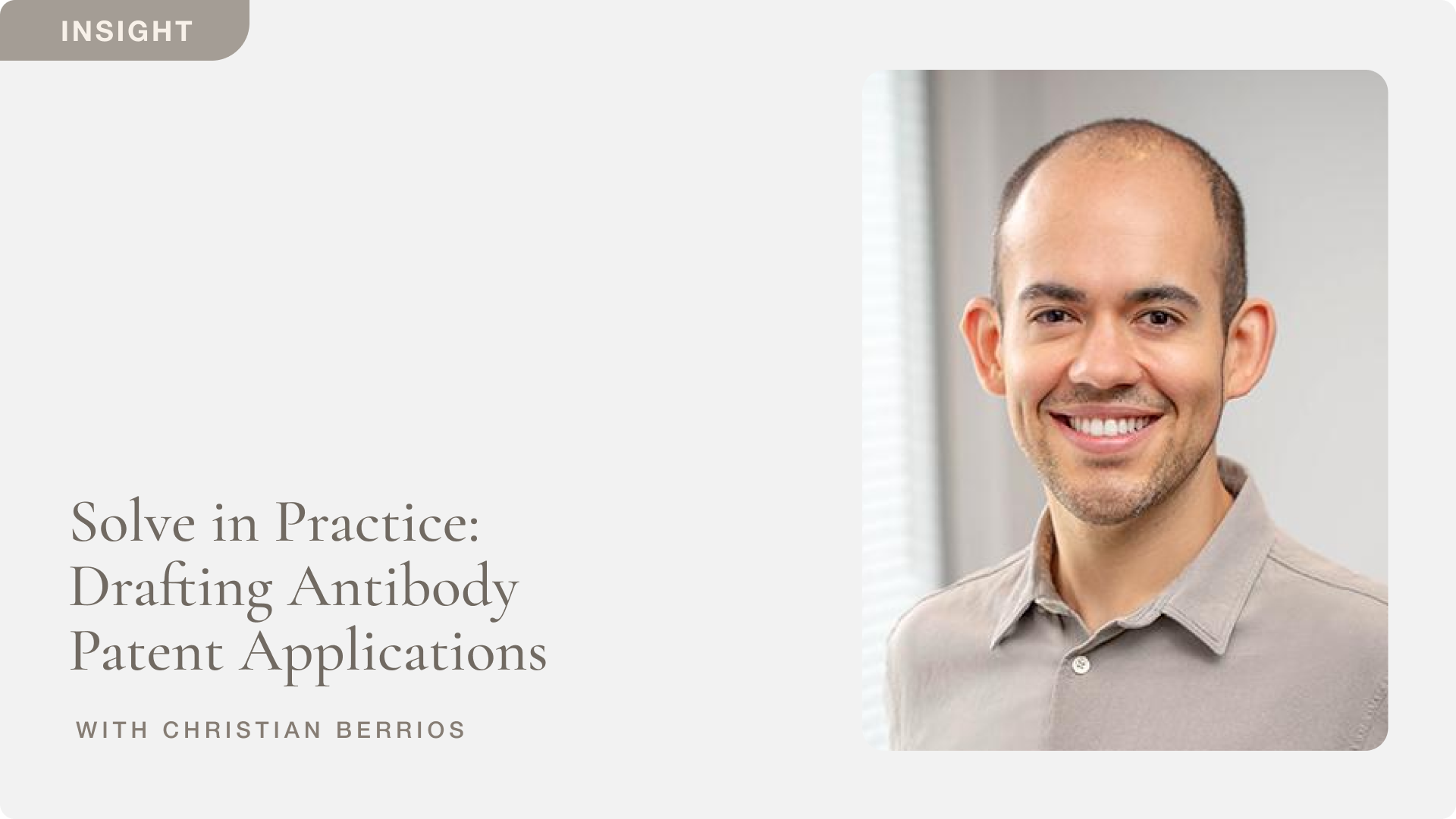Announcing Solve Intelligence's Customer Advisory Board
We are excited to announce the formation of our Customer Advisory Board, bringing together distinguished intellectual property practitioners who are at the forefront of the patent space to help advise Solve on building the go-to AI platform for IP professionals.
Close collaboration with IP practitioners has always been a founding principle of Solve, and as artificial intelligence continues to transform the practice of patent law, we believe this close collaboration will become increasingly vital. The formation of the Customer Advisory Board represents our commitment to building solutions that not only leverage cutting-edge technology but also address the practical challenges patent attorneys face in daily practice.
Coming from leading law firms, corporate IP departments, and boutique practices, the CAB’s collective expertise spans multiple technological domains—from life sciences to software, and from telecommunications to mechanical engineering—and multiple jurisdictions. Their collective expertise and experience will be invaluable in providing strategic guidance on feature and product development, workflow optimization, and insight on our customer’s evolving and changing needs. By working closely with experienced practitioners, we can better anticipate the challenges faced during patent drafting and prosecution, ensuring our software remains an indispensable tool for IP professionals, inventors, and the entire intellectual property community.
We are honored to work with this accomplished group of IP practitioners and look forward to the insights and perspectives they will bring to Solve Intelligence as we continue to build our platform to serve the entire intellectual property community.
AI for patents.
Be 50%+ more productive. Join thousands of legal professionals around the World using Solve’s Patent Copilot™ for drafting, prosecution, invention harvesting, and more.


.png)
.png)
.png)
